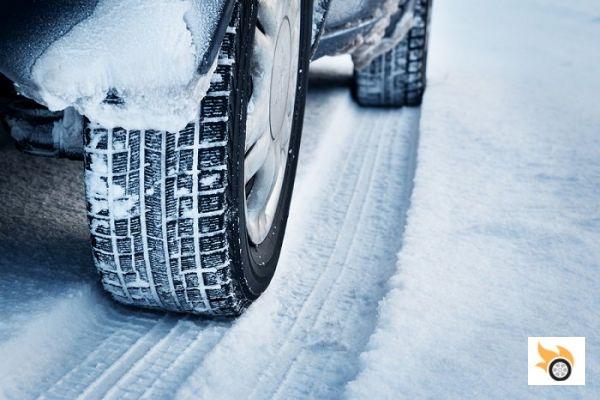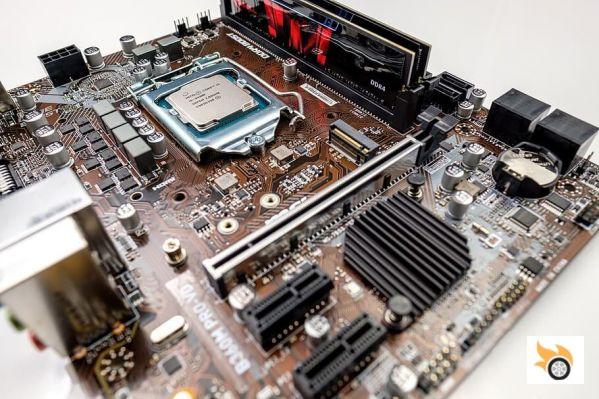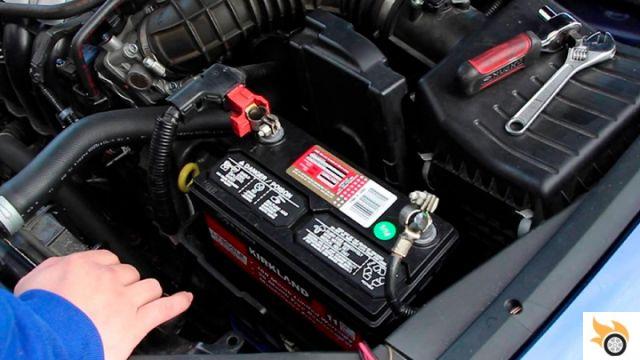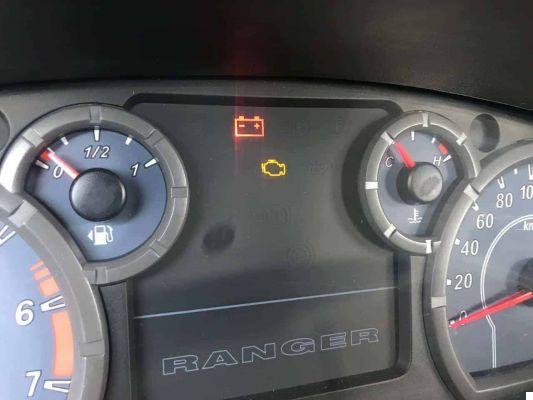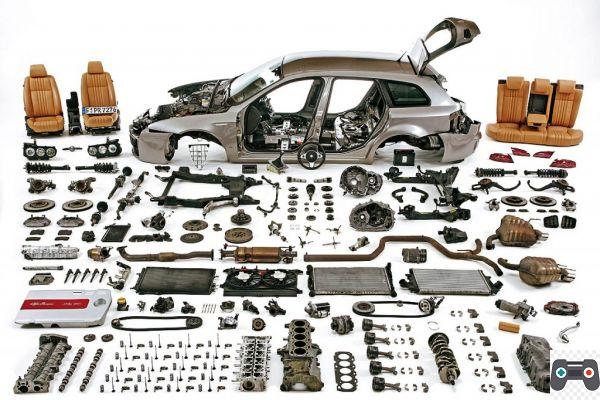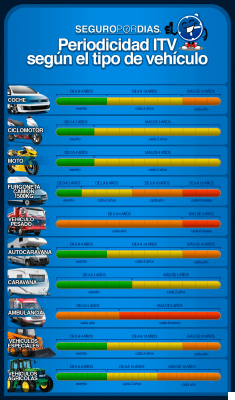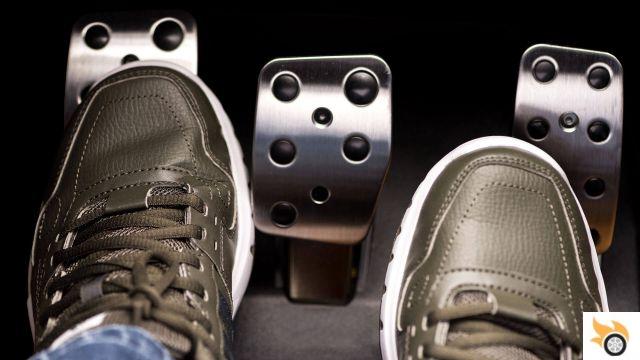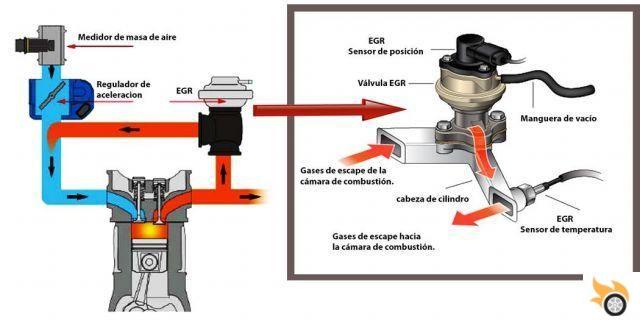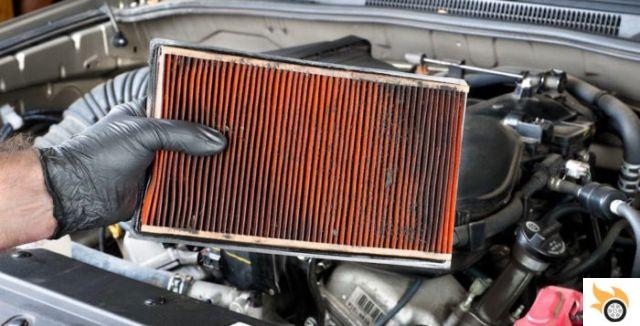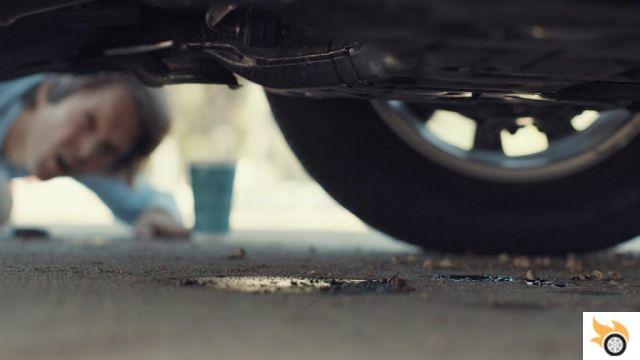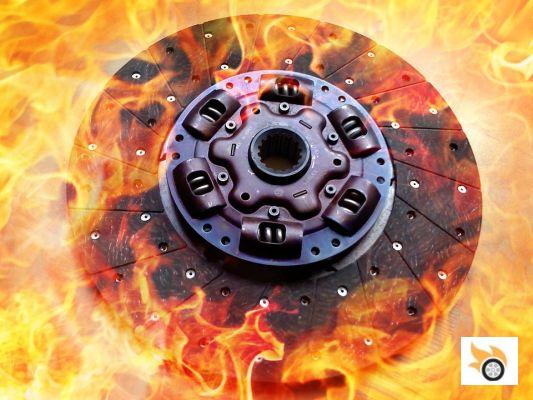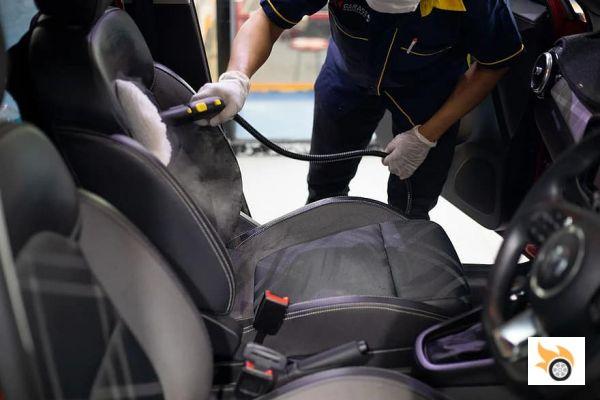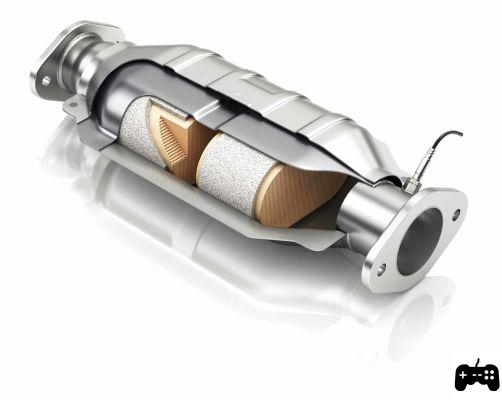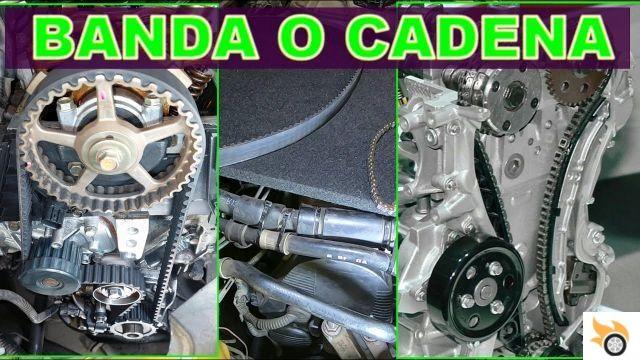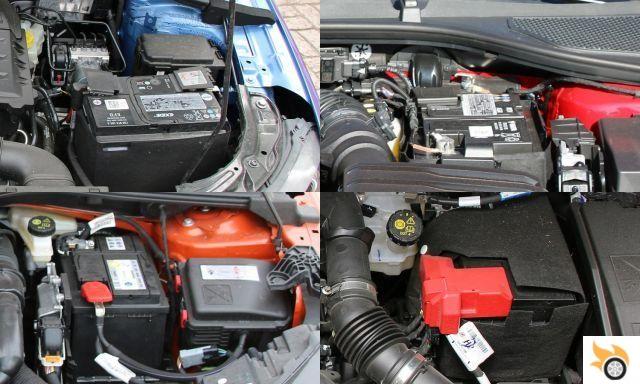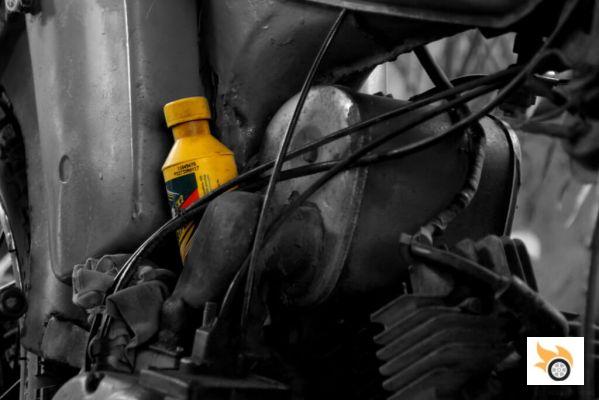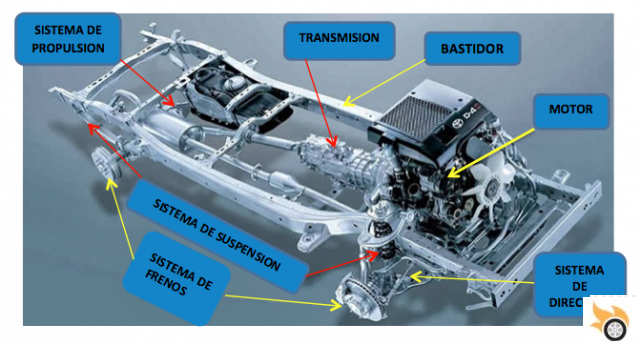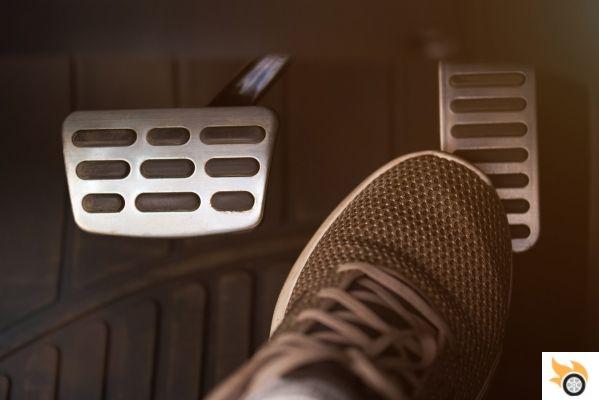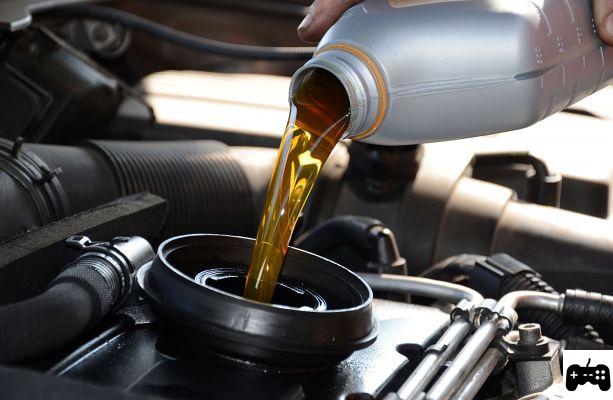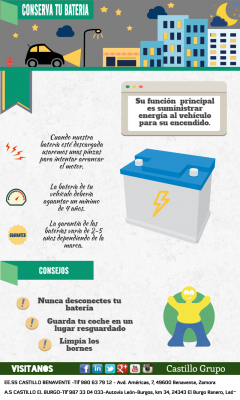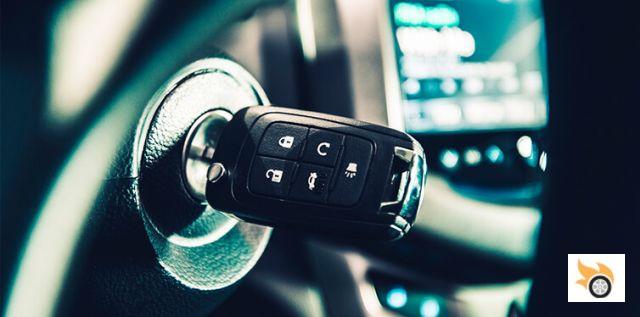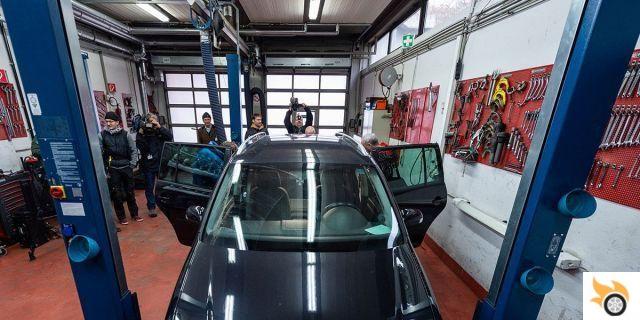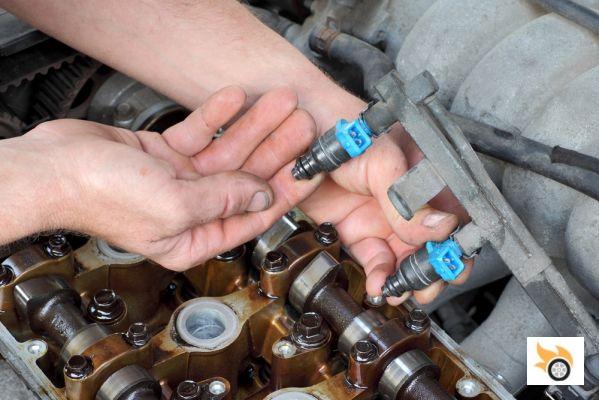
What are injectors?
Injectors are cylindrical-shaped devices whose task is to transfer fuel from the tank to the engine, atomizing it correctly for optimal combustion.
The fuel pump extracts the fuel from the tank and transports it through specific pipes to the engine's fuel system. At the end of this system, the injectors come into play. The injectors must spray the fuel at the right pressure and in the right amount so that the cylinders are fed perfectly and the car moves.
The injectors can spray the atomized fuel directly into the combustion chamber (the cylinder itself) or into the engine's intake duct or auxiliary chamber. The exact configuration varies from model to model depending on the design requirements of the engineers.
There are several types of injectors which can be electronic, mechanical or pump injectors. Again, the type varies from model to model, but the role they play is always the same. This is why the cleaning of the injectors remains fundamental for every car, whether it is a small city car or a 3-tonne off-road vehicle.
Injectors have a small filter inside them to retain the impurities present in modern fuels. However, these filters tend to get dirty over time and with increasing mileage, and make the injectors less efficient at atomizing the fuel.
Although injector cleaning is essential for both gasoline and diesel, diesel fuel tends to foul injectors much more quickly. We will see in detail below why diesel cars require more diesel injector cleaning.
Why is injector cleaning necessary?
Modern cars requirea very precise and consistentengine supply, there is little room for error. That's why the injectors have to extract and spray fuel in the right amount and at the right pressure.
However, the fuel we buy when we refuel is often"dirty" due to the presence of water and sand. Remember that oil is extracted from underground using water and sand. Therefore, it is normal for a small amount of these substances, despite the refining process, to remain in the gasoline.
The sand residues tend to clog and partially obstruct the nozzles of the injectors, while the water causes oxidation, and rust, to the metal components of the injectors. Cleaning the injectors, therefore, becomes essential to restore these components to normal operating conditions.
When should injectors be cleaned?
Cleaning the injectors is a maintenance activity that should be carried out not on a regular basis, but according to the number of kilometres travelled or if there are symptoms of dirt on the injectors.
In terms of mileage, injector cleaning should be carried out every 20/25 thousand kilometres, which, mind you, also coincides with the time interval between coupons. It is not a coincidence that injector cleaning is often included among the check activities of a full coupon.
Car injector cleaning also becomes necessary if one or more of the following symptoms of dirty car injectors are present:
- An increase in fuel consumption compared to normal parameters is observed.
- The car's performance has decreased
- The engine tends to stall at low engine speeds.
- Exhaust gases are black and much more liquid than usual.
- It is difficult to start the car
- At low engine speeds the engine tends to cut out.
Despite these symptoms, dirty fuel injector gauges can hide other problems, perhaps related to a faulty or discharged car battery or car alternator.
How often do you clean the injectors?
Car injector cleaning should be done every 20 to 25 thousand kilometers for most cars. In some cases, however, injector cleaning becomes necessary even after only 10,000 km since the last check.
This happens because modern cars tend to have very complex injectors with very fine tolerances. There is little space in which dirt can accumulate and therefore only a minimal amount of rust, corrosion or dust is required to block the proper functioning of one or more injectors.
So don't be surprised if, despite the fact that your car is modern and fully functional, injector cleaning is an activity that is performed more often than on older models.
Who does injector cleaning?
Cleaning the injectors is an activity that can be done either at home or by the mechanic. Obviously DIY in most cases is limited to the insertion of additives inside the fuel tank, while any dismantling and thorough cleaning should be left to the mechanic.
What you can do on your own are preventive activities or a whole series of good practices that lengthen the interval between one cleaning and another. One of these activities is, for example, refueling every 5 or 10 thousand kilometers with high octane fuel or, if necessary, fuel already added with liquids for cleaning the engine and injectors.
Obviously, a mechanic will use more advanced instrumentation that, in addition to doing a more thorough job, will be able to evaluate the condition of the injectors and identify possible problems. In most cases, mechanics will proceed to disassemble the injectors to have a visual confirmation of their cleanliness and state of wear.
How to do an effective cleaning of the injectors?
There are several techniques for effective cleaning of car injectors. Although all of them are valid, the choice depends a lot on how much you want to spend and how dirty the injectors are (you think). Let's see what are the most common injector cleaning techniques, both diesel and gasoline:
- Not very dirty injectors: if you think your car's injectors are not really dirty and before proceeding with new operations we suggest you fill your car with premium or already added gasoline. In this way, the injectors will benefit from cleaner fuel which, in addition to better performance, will ensure a cleaner and more "rooted" effect of the injectors.
- Dirty injectors: in case there is not enough fuel to fill the car, the next step is to add a specific additive for cleaning the injectors. This additive can be bought in almost all petrol stations, online and also in some supermarkets. A 1 litre bottle of additive costs about 20 euros and is enough for a 40 litre tank. It should be added when the tank is empty, so the advice is to buy it, wait until the tank is empty and add it at the next fill-up.
- Verydirty injectors: in case the symptoms of dirty injectors persist, the last option is to go to a mechanic. He will remove the injectors, check their condition and clean them by hand. If a defect is discovered, it will be necessary to replace the injectors (an operation that is not usually done before 150,000 kilometres have been covered).
How much does it cost to clean the injectors?
Determining the cost of injector cleaning depends on the type of cleaning required.
In case the cleaning required is very superficial, it only takes a few euros to fill the fuel with injector cleaning additives. This fuel usually costs more than the "basic" fuel, but in this case the cost of injector cleaning is 5 or 6 euros.
If you have to buya specific additive, the cost of injector cleaning increases to 20 euros depending on the brand of additive and where you choose to buy it. The internet is always an excellent choice for savings, but beware of scams, which are only bought from known retailers.
If you have to resort to the interventionof a mechanic, the cost of cleaning the injectors goes up to 100 euros. This is because in many car models the disassembly of the injectors is not an easy task, but you have to disassemble other components to get to the injectors.
How to unlock DIY injectors?
The best way to unblock the injectors with DIY is to buy a specificadditive to clean the injectors. This additive usually contains solvents and solutions that dissolve dirt particles and help remove water oxidation in the fuel.
We recommend not relying on rumours or "home-made solutions" such as adding petrol to diesel to clean the injectors. In addition to not being an efficient technique, it can cause damage to the delicate fuel systems of modern cars and decrease engine efficiency.
What are the benefits of injector cleaning?
Injector cleaning brings several benefits to your car. The main advantages of a well-cleaned set of fuel injectors are:
- Lower emissionsof air pollutants, including the infamous PM10.
- Better preservation of the particulatefilter and tpf in the case of diesel cars.
- Reduced fuel consumption, in some cases as much as a 3% reduction.
What to remember to clean diesel injectors?
In the world of injectors, the most subject to dirt accumulation are those installed in diesel cars. This is due to two main reasons: the greater complexity of diesel injectors and the lower quality of diesel fuel.
The cleanliness of diesel injectors becomes critical when we consider the technological complexity of diesel injectors compared to gasoline injectors. This increased complexity is due to the need to ensure ever greater emission efficiencies in accordance with the stringent environmental regulations governing diesel automobiles. Increased complexity translates into increased fragility, making diesel injector cleaning even more critical as a maintenance activity.
Diesel fuel is notoriously more chemically impure than gasoline fuel. This results in a higher fine particulate content which requires more frequent cleaning of diesel injectors. The presence of 10% biofuel derived from organic sources, such as rapeseed oil, makes diesel fuel more environmentally friendly, but produces more residues that are deposited in the injectors.
The cleaning of diesel injectors is therefore an activity that needs to be carried out more frequently than for corresponding cars powered by LPG or bebzine.
What is injector cleaning additive?
As we could see earlier in the article, one of the injector cleaning techniques is precisely to combine the injector cleaning additive with the fuel, both diesel and gasoline.
The way the additive works is somewhat similar to the common liquid used to unclog pipes in the house. The additive circulates throughout the fuel system and thanks to its solution and conenutic solvents it removes dirt and dust at the base of dirty injectors.
These additives are produced by many chemical companies, some with well-known brands, others equally effective but less known to the public. The important thing is to be sure of the quality of the product you buy and the authority of the retailer. Physical places such as gas stations or supermarkets are usually more expensive but safe in terms of where the product comes from. On the other hand, the Internet guarantees greater savings, but you have to be careful not to buy counterfeit or low-quality products.




